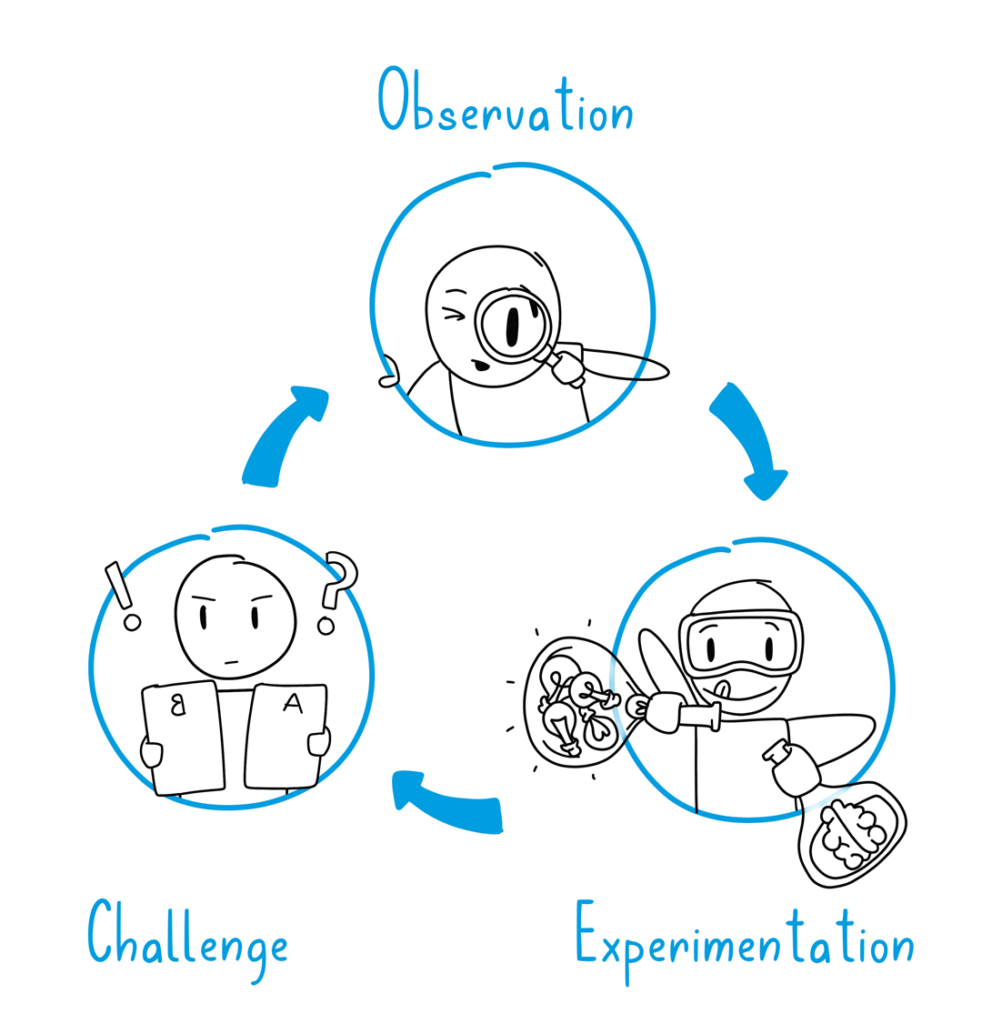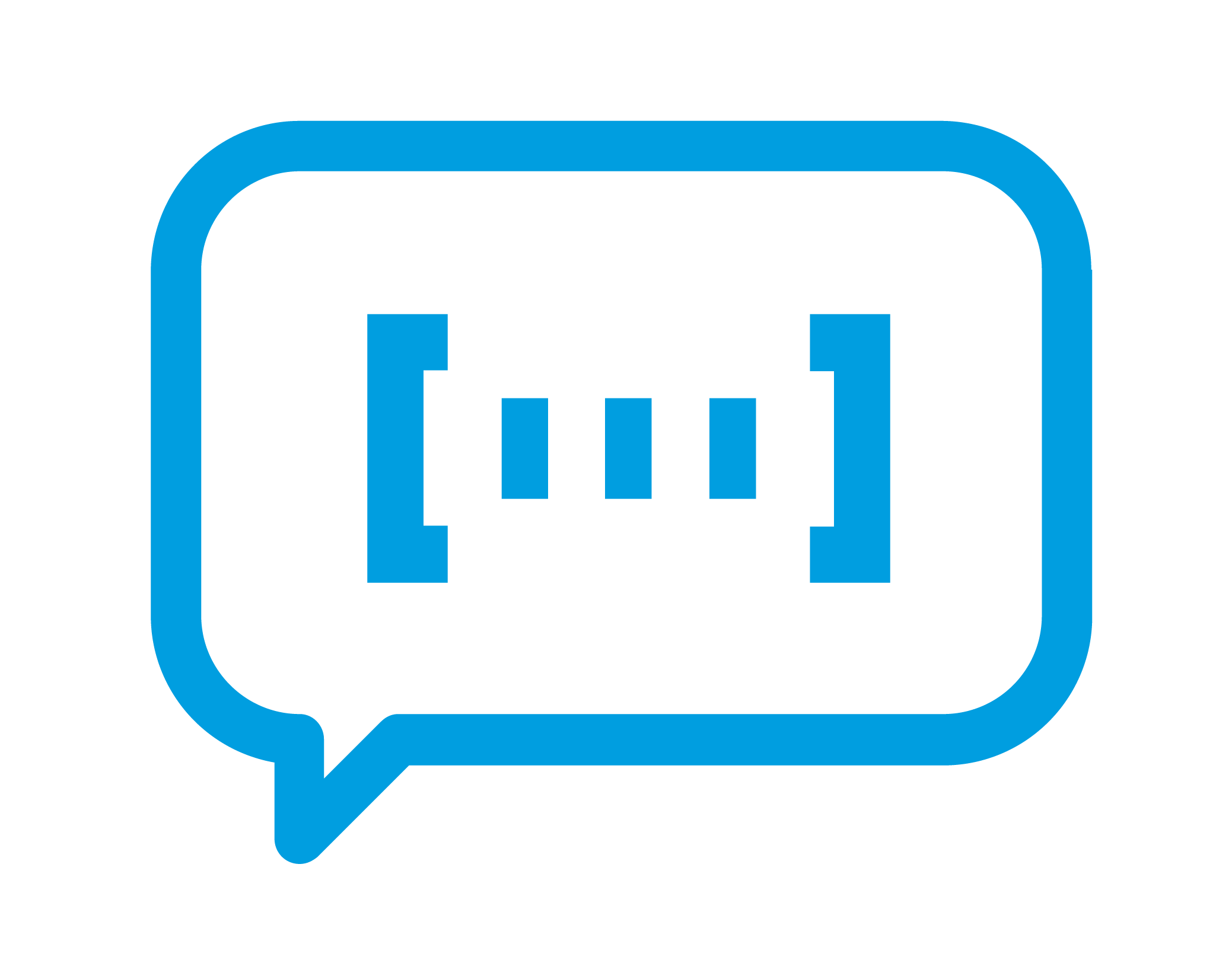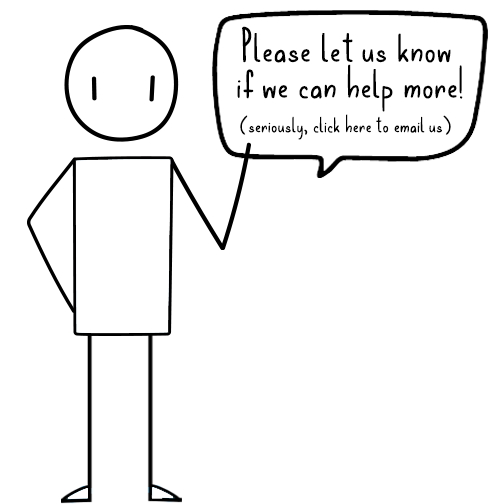Keys to overcoming organizational inertia & learning experimentation templates-EN
- Change Management
- Template

Alfred Maeso Aztarain
Keys to overcoming organizational inertia & learning experimentation templates-EN
I don’t want to scare you off, but in order to best understand organizational inertia, we need to talk first about physics. Newton’s First Law of Motion states that:
“every object will remain at rest or in uniform motion in a straight line unless compelled to change its state by the action of an external force.”
The property of remaining at rest or in motion is what we know as inertia. This basic law of physics, proposed towards the end of the 17th century, can also be used to describe the behavior of people and even organizations.
Organizational inertia is present in all organizations. When asked why we are doing things, we will often respond with some variation of “we’ve always done it that way.” And when we propose alternatives to a small but clearly improvable inefficiency, the answer is typically something like, “It’s just how it’s set up.”
And that’s fine, it’s human. As humans, we have the tendency to continue doing things as we have always done them. From a young age, we incorporate habits into our behaviors that enable our own personal “auto-pilot” and alleviate the need to think about what we are doing. No one wants to reinvent the wheel all the time; it is much easier to simply repeat what we learned in prior scenarios. The same thing happens in organizations; we call this organizational inertia.
We perform routines that allow our brains to simply “take care” of new things and challenges. But the autopilot that makes us more efficient can also become an inhibitor of change. Because we generate such attachment to our routines and habits, any “external force” that pushes us to change can provoke a contrary reaction. This phenomenon is not unknown either and is also described by Newton in his Third Law of Motion:
“For every action, there is an equal and opposite reaction.” This is also known as action-reaction… meaning that the mutual actions of two bodies are always equal and directed in the opposite direction.”
Basically, these two Laws of Motion boil down to two human tendencies: we don’t like change, and when we’re made to change, we resist.
How to Overcome Organizational Inertia
From an organizational point of view, inertia corresponds to the status quo or set of norms, processes, beliefs, and/or behaviors that become “how we do things around here”. But in a VUCA environment, like the one currently propelled by COVID-19 where change is the new normal, adaptation to change must be a core competence.
I think it’s pretty obvious: organizational inertia is an enemy of change. I have always found that organizational inertia and organizational culture are equivalent concepts. When we talk about cultural change, what we want is to break the inertia, the habits, and the established routines.
To overcome organizational inertia, I want to share three key ideas: the champion/challenger model, experimentation, and observation and routine learning.

Champion/Challenger Model
The Champion is the set of processes, norms, rules, systems, procedures, behaviors, and beliefs that are present in an organization and that constitute the status quo, or organizational inertia.
Consider a boxing competition: the Champion is the rival to beat. Everyone accepts the reigning Champion, until he or she is defeated by a Challenger. All of us, within the organization, need to become Challengers. We need to challenge the status quo by always questioning and comparing the Champion to a better, more effective way of doing something.

There are many ways to implement a Champion/Challenger Model. Retrospectives or kaizen events can be the basis to formalize this improvement. As Challengers, we must be open to experiment and continually observe what is happening in the world in order to truly learn.
Experimentation
One of the key factors that inhibits change and casts doubt on our ability to be the Challenger is the risk of failure. The fear of implementing changes without certainty that they will work is real. Therefore, I cannot stress the importance of experimentation enough.
An experiment, according to the OXFORD Dictionary, is a “scientific procedure undertaken to make a discovery, test a hypothesis, or demonstrate a known fact.” An experiment is performed in a small, safe environment that won’t have a significant negative impact in the event of failure.

The components of all experimentation are:
- Hypotheses: What we believe will happen if we do this
- Test or Action to be carried out: What we are going to do
- Success Criteria: If this happens, we will consider the experiment a success.
Learning to experiment in a professional environment is a challenge for many organizations, but an organization that experiments is an organization that learns and continuously adapts.
Our Learning Experimentation templates using the form above to start conducting experiments that challenge the status quo in your organization.
The Lean Change Management model is a clear example of how to promote experimentation as an engine and driver of organizational change.
Observation and Learning as a Routine
The two previous points will not work without having an open attitude and continuously observing both our environment and the outside world. Explore and find what is working in other areas or in other organizations. Discover the market trends, either written or experienced.

We must acquire the behavior of continuously learning and make it our new habit. Observation leads to more experimentation and the possibility of making effective change, challenging the Champion, and overcoming organizational inertia.
Thank you,
— Alfred
Sobre el autor



